The Securities and Exchange Commission adopted rules regarding the inclusion of “Conflict Minerals” in products or production of materials. The ruling applies to publicly traded companies for which conflict minerals are “necessary to the functionality or production of a product manufactured or contracted to be manufactured, by a company that files reports with the SEC under Section 13(a) or Section 15(d) of the Securities Exchange Act of 1934 (the ‘Exchange Act’), such company will be required to file a report on Form SD disclosing whether its conflict minerals originated in a Conflict Country, based on its reasonable country of origin inquiry.
“Conflict Minerals”: The final rules define “conflict mineral” to include cassiterite, columbite-tantalite (coltan), gold, wolframite and their derivatives, which are limited to the so-called 3Ts (tantalum, tin and tungsten), unless the Secretary of State determines that additional derivatives are financing conflict in the Conflict Countries, in which case they will also be considered “conflict minerals”.
As a privately held company, MPS Mankato is not directly subject to Section 1502, though we do support the goals and objectives of Section 1502 of the Dodd-Frank Act. As a service to our customers, MPS Mankato has issued this policy:
The products produced by MPS Mankato are DRC Conflict Free and comply with Section 1502 of Dodd Frank, Conflict Minerals, Final Rule, August 22, 2012. Our products do not contain Tantalum, Tin, Tungsten, or Gold that have been intentionally added to the product. Any minerals found in our product that could be under the category of conflict materials come from recycled or scrap sources.
Issued: 02-20-2017


